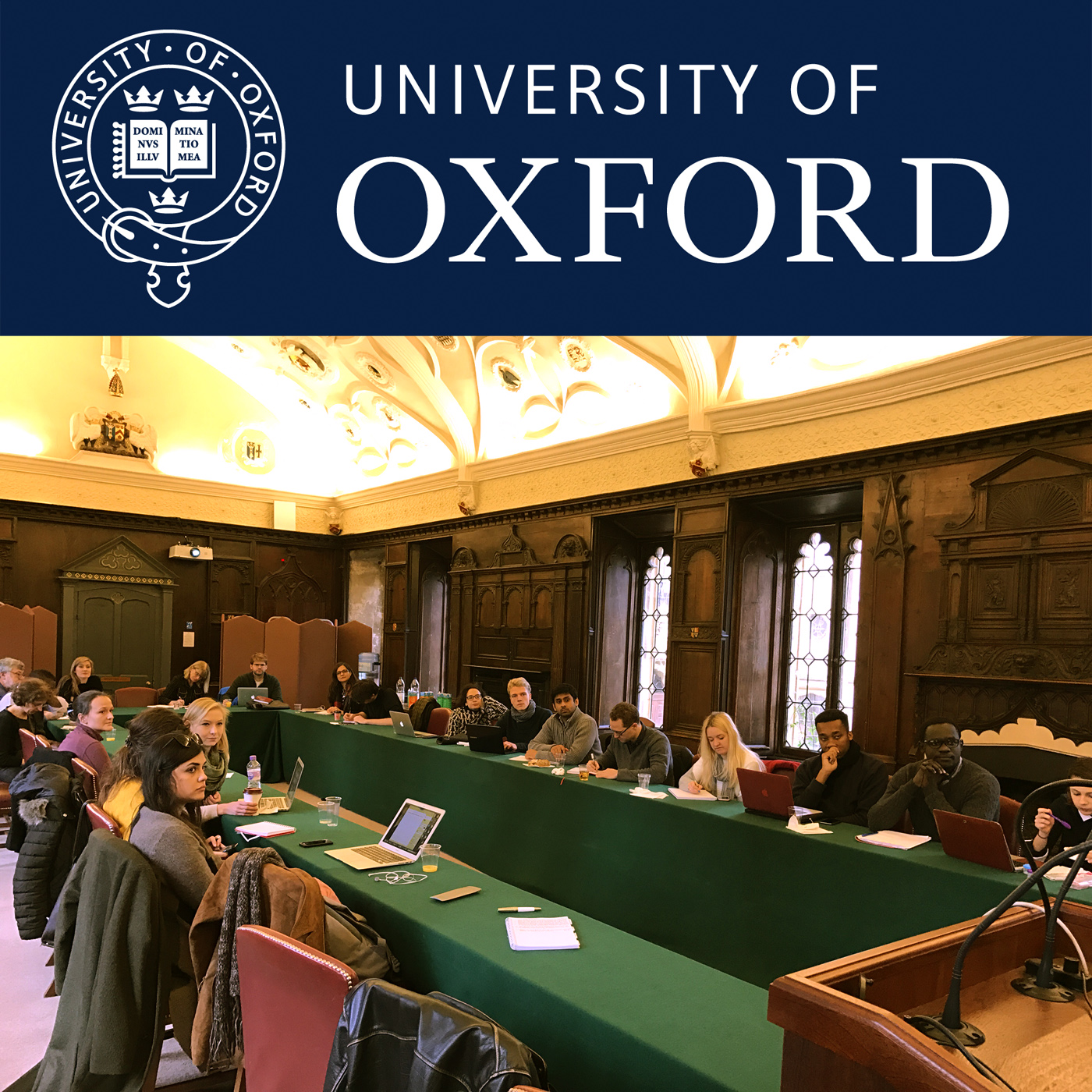The Updated Commentary on the First Geneva Convention: Relevance and Evolution of the Convention in the Light of 60 Years of Practice
Description
In 2011, the ICRC embarked on a multi-year project aimed at updating its commentaries on the Geneva Conventions (the “Pictet Commentaries”) and their Additional Protocols I and II. The initial Commentaries are referred to by military lawyers, jurists, judges and scholars around the world as an authoritative source of interpretation of the Conventions and Protocols. However, they were based primarily on the negotiating history of the treaties and on prior practice. While they remain largely valid in these respects, they are lacking the insight of 60 years (40 years for the APs commentaries) of legal/operational developments. The updated Commentaries aim at capturing such developments by drawing on a number of sources reflecting State practice, but also case-law from international courts and tribunals which has greatly expanded since the 1990s, scholarly writings and the ICRC archives.
On the occasion of the publication of the updated Commentary on the First Geneva Convention Jean-Marie Henckaerts will present the Commentaries update project, its interpretation methodology, as well as highlight some key developments and novelties in particular on common Articles 1–3.
Bio
Jean-Marie Henckaerts is head of the ICRC project to update the Commentaries on the Geneva Conventions of 1949 and their Additional Protocols of 1977. The first milestone of this project was reached on 22 March when the updated Commentary on the First Geneva Convention was released on line. Prior to this, he was the head of the ICRC’s project on customary international humanitarian law; he is a co-author of the ICRC study on the subject. He holds the degrees of Doctor of Juridical Science from The George Washington University Law School, Master of Laws from the University of Georgia School of Law and Bachelor of Laws from the University of Brussels. He has published eight books and numerous articles on international law, international humanitarian law and human rights law.
More Episodes
What explains the rise of investor-state arbitration? To the extent that investor-state arbitration had founding fathers, what were their motivations, what constraints did they have, what was their thinking? Using documents from the American, British, German, and Swiss archives, this talk will...
Published 05/31/19
Published 05/31/19
Investment treaties are often said to have two principal effects for the states that enter into them. First, it is asserted that investment treaties act to increase levels of foreign investment in host states. Second, it is said that investment treaties have a positive effect on national...
Published 05/07/19


